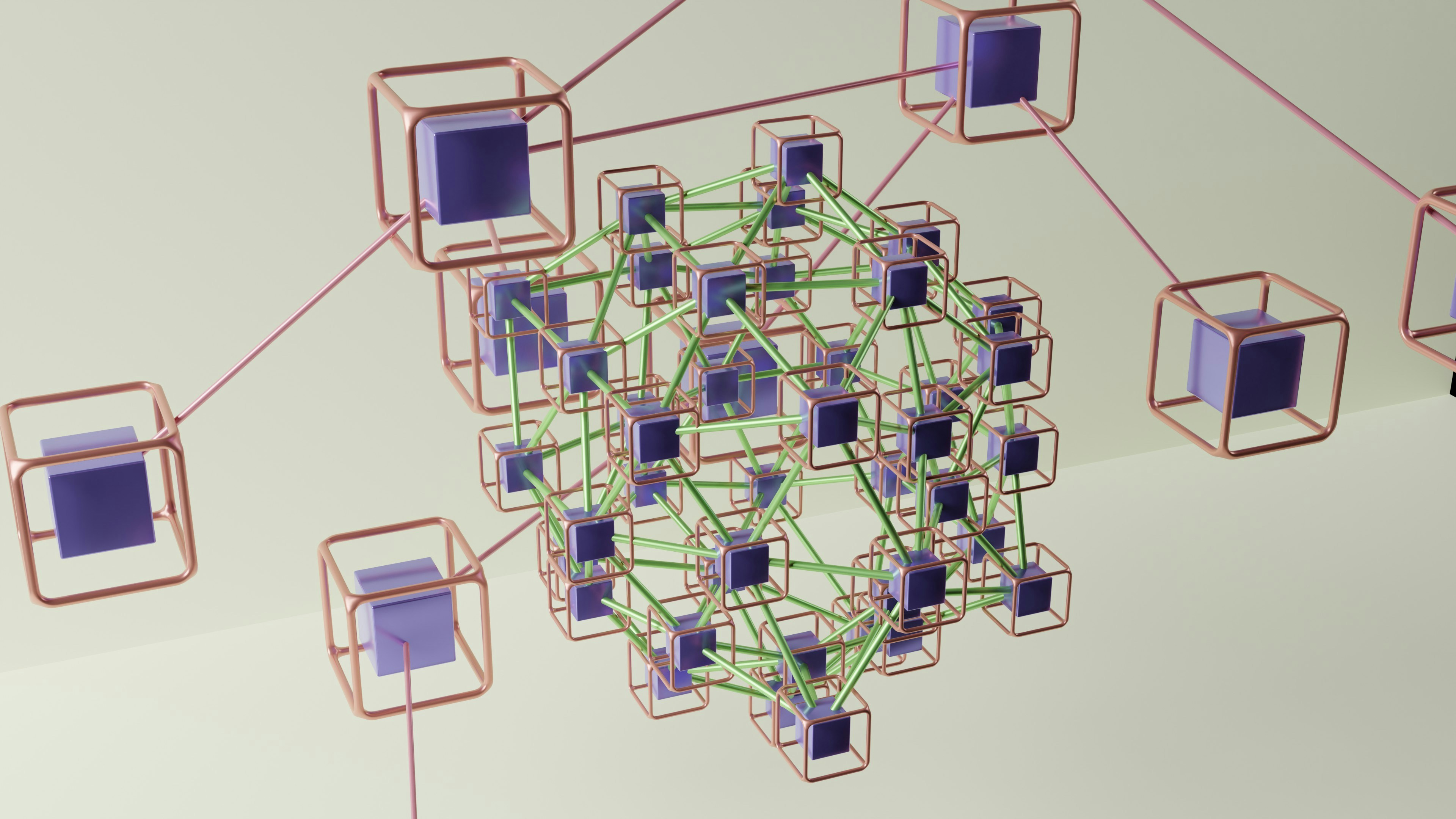Cyber Engineer
Full-time
AS A CYBER ENGINEER, YOU WILL BECOME ONE OF THE THREE FOCUSED TRADES DEVELOPING, DEPLOYING AND MAINTAINING OUR BATTLE WINNING CYBER CAPABILITY.
INFORMATION SERVICES ENGINEER
You will be trained to manage, maintain, configure and deploy a wide range of Information, Communications and Technology systems, ensuring that frontline troops and Commanders can communicate on operations worldwide whilst protecting these systems from Cyber Warfare threats.
NETWORKS ENGINEER
You will prepare, configure, deploy and maintain operational and tactical communication systems to ensure frontline troops and their Commanders can communicate on operations worldwide. You will be able to engineer a range of systems including radios, satellite systems, computer networks and mobile communications as well as support a range of software applications and ICT.
INFRASTRUCTURE ENGINEER
You will become experts in building voice and data telecommunications networks in fixed locations and supporting rapid reaction deployments across the world anywhere, anytime, using fibre optic and copper cables, underground and at height, with opportunities to qualify as an Aerial Rigger. You will install communications network data centres and configure advanced telecommunications equipment.
This role includes the roles formerly known as Communications Systems Engineer, Communication Systems Operator and Communications Engineer - Installation.
Find where you belong.
WORLD-CLASS TRAINING
You'll start with your initial military training which will teach you how to be a soldier - this will cover everything from fieldcraft to how to handle a rifle. If you join as a Junior Soldier (under 17 years 5 months), you'll do a 23-week basic military training course at Harrogate. If you join as a Regular Soldier (over 17 years 1 month), you'll do the regular 14-week adult basic training.
This is the start of your technical training designed to introduce basic signalling and communication skills whilst building on your existing military skills. You will learn about the Royal Corps of Signals, it's history and what it means to belong to a Corps that is over 100 years old. You will be taught basic principles and skills which you will build on throughout your career; such as siting, operating and talking on military radios, radio logs, map marking, working at heights, health and safety, and of course security. This training will give you a strong foundation prior to the next step in your journey.
You may be one of the four trades that will go down this route. It builds on Foundation 1 and dives deeper into technical training in preparation for your trade course. Be prepared for a blend of building and configuring networks, managing system problems including a helpdesk, equipment care, understanding field generators, field cable and security (including cyber). Naturally, the military skills you built up in Foundation 1 are continually revised and refreshed during this course.
Each trade group undertakes its own specialist training specific to your role and as such the length of your time spent with 11 Signal Regiment will vary, ranging from a few weeks to a year. The majority of our technical training is accredited to civilian standards and you will begin your journey of professional development from the moment you start your course.
GAIN QUALIFICATIONS
· The Army can help you gain a range of qualifications. These could include:
· Level 4 Network Engineer Apprenticeship
· Level 3 Network Cable Installer Apprenticeship
· Level 2 Functional Skills in Maths, English and IT
· Level 7 PG Cert Wireless Communications
· Certified Network Cable Installer
· City and Guilds: 3663-03 Designing and Planning Networks, 3667-02 Fibre Optic Tech, 3667-02 SWS Structure and Cabling
· Chartered Management Institute Level 4 Team Leading, Level 5 Coaching and Mentoring, Level 6 Leadership and Management
· Level 4 Team Leading
· Level 5 Coaching and Mentoring
· Level 6 Leadership and Management
· Professional Registration with the Institute for Engineering and Technology at ICT Tech, IEng and CEng levels
· Professional Registration with the British Computer Society at RIT Tech and CITP levels
· Through life learning opportunities and education up to Masters Degree level
SHOW PEOPLE WHAT YOU’RE CAPABLE OF
We'll be with you every step of the way as you move up the ranks. From the moment you begin your training you'll get all the support and encouragement you need to make a success of your career. Work hard and you'll soon get promoted, which means more responsibility and extra pay.
Become a Cyber Engineer and you’ll:
- Earn a starting salary of around £16,800 during Basic Training which will rise to around £21,400 after completing 26 weeks’ training or after completing your Initial Trade Training, if less than 26 weeks
- Receive subsidised accommodation and facilities, increasing your disposable income
- Receive free medical and dental health cover
- Have the continuous access promotional opportunity and to continually progress your career
- Be sponsored to earn valuable civilian-recognised qualifications
- Take part in Adventurous Training and be able to play your favourite sports.
BELONG TO SOMETHING THAT MATTERS.
You should be:
· Regular Army age: 16.6 – 35.6 years
· Army Reserve age:
New enlistments: 17.9 – 43 years
Ex-Regular: 17.9 – 52 years
Specialist (Soldier): 17.9 – 50 years
Qualifications you’ll need:
GCSE Grade C Maths, Grade D English or level 2 equivalents.
Fitness requirements:
· Mid-Thigh Pull 50kg
· Medicine Ball Throw 2.7m
· 2km run 11m 30s (11m30s for Junior Entry)
Our next deadline for application is 31st March 2023, with further opportunities ongoing throughout the year.
FIND WHERE YOU BELONG.
Additional information:Employment type:Full-time


